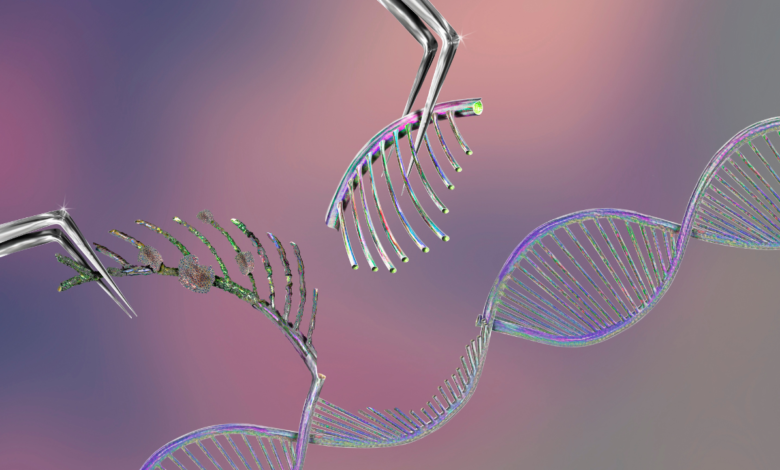200+ Genes Queries
What are the potential applications of genetic editing technologies (e.g., CRISPR)?

Genetic editing technologies, such as CRISPR-Cas9, have the potential to revolutionize various fields, including:
- Disease treatment: Correcting genetic defects that cause diseases.
- Agriculture: Developing crops with improved traits, such as resistance to pests and diseases.
- Biofuels: Engineering organisms to produce biofuels more efficiently.
- Materials science: Creating novel materials with desired properties.





